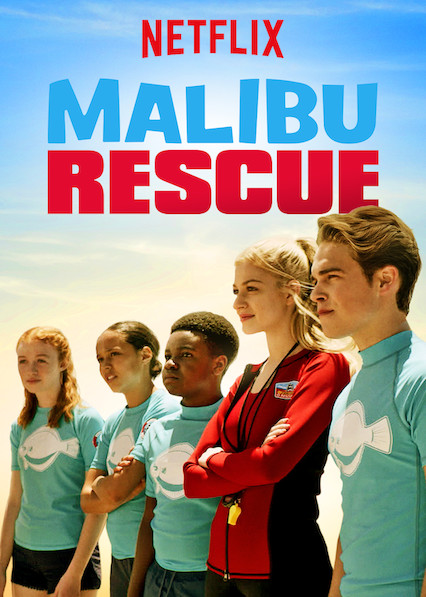 |
| Karla og Jonas |
I am about to start a new series here at Growing Pains, looking at failed and unfinished YA franchise adaptations. This trilogy would definitely not count for that series. I wasn’t aware of the Karla series of novels by Danish writer, and former supermodel, Renée Toft Simonsen until the film adaptations dropped as part of a glut of Scandinavian content that has recently been added to UK Netflix (with plenty of interesting coming of age films in the mix). I accidentally ended up watching the series backwards, but for the record the three films—all directed by Charlotte Sachs Bostrup—are Karla’s Kabale [2007] (apparently literally a reference to Solitaire, but translated as Karla’s World), Karla og Katrine [2009] and Karla og Jonas [2010].
The series begins with ten-year-old Karla (played throughout the series by Elena Arndt-Jensen) living with her Mother, Rikke (Ellen Hillingsø), stepfather, Leif (Nicolaj Kopernikus) brother, Mads-Morten (Nikolaj Støvring Hansen) and half-brother, who is only ever called Lillebror (Jonathan Werner Juel). It’s almost Christmas and Karla is upset because her mother won’t let Karla and Mads-Morten’s father (Allan Olsen) come to Christmas dinner. After an argument, Karla runs away. The second film explores the relationship between Karla and her school friend Katrine (Nanna Koppel). They used to be best friends, but they’ve drifted apart a little and Karla wants to mend the rift, so she invites Katrine on a family holiday. There’s some tension between them when they meet Jonas (Joshua Berman), who is on holiday with a foster family, but usually lives in a children’s home. In the final film, Karla wants to get back in touch with Jonas, with whom she had her first kiss at the end of the last film, and they end up going on a mission to find his mother.
Something that is often said about the Harry Potter films is that they, as films, grew up with their characters. That’s true to a point, but it’s really more of a gear shift, from the bright and fairly kid-oriented first two entries to the darkness that encroached on Prisoner of Azkaban. I think the Karla series grows particularly well with its main character. Karla is 10 in the first film, 12 in the second and 13 in the third, and the screenplays never make her into a miniature adult. Sometimes this is done in ways that are very typical of movies for and about kids, for instance with a sequence in the first film when Karla’s mother is ill, and Karla struggles with being ‘the grown-up for the day’, failing to keep her brothers from wreaking havoc in the house, but at other times it’s more subtle. In each of the films, but especially the first and third, Karla strikes out without her family. When she runs away in Karla’s World it’s clear how naive and vulnerable she is right from the start, when she spends almost all of her money on an elaborate Christmas ornament, not really thinking about food or shelter. The series isn’t afraid to address adult problems, such as Karla’s dad’s alcoholism; being in a blended family, or why a child might be given up for adoption, from a child’s eye view, but Charlotte Sachs Bostrup pulls off something quietly remarkable. She deals with these themes without ever talking down to her audience (okay, there are a few toilet jokes in the first two films, but they feel quite separate from the more serious side), and she does so without ever making the world feel too dark.
For my personal taste, the films get better as they go along, and the way each allows Karla to grow, by making us feel that the experiences of the last film have fed into how she responds to the situations she finds herself in in the next. This is especially clear in Karla and Jonas, where she is clearly more wary of asking for help when she and Jonas, searching for his mother, find themselves stranded in an unfamiliar town overnight, it’s clear that some of the experiences she had running away in Karla’s World influence how she behaves. We can also see this evolution in Elena Arndt-Jensen’s performance; she’s charming and energetic in the first film, but by the time of the third there’s clearly more going on behind what she’s doing, we can see more layers in Karla’s reactions to events.
I don’t want to go into great depth here, because this isn’t a review, just a recommendation. None of these films are great masterpieces of the genre, but they work as coming of age movies collectively as well as individually, and I find that’s rather rare in a series of films. Serious themes are addressed, but in a way that will be suitable for kids of the same age Karla is in each film (one caveat, if you’re especially sensitive about the language your kids hear, occasional S worlds give way to a fair few F bombs in Karla og Jonas). The performances, kids and adults, are excellent, and the family dynamic is so well written that it conjured a lot of memories for me of growing up with step-siblings around frequently. If you’re interested either in coming of age movies or in something intelligent to watch with older children, the Karla series is well worth a look.



